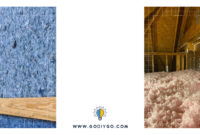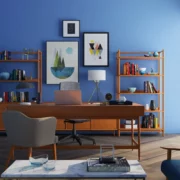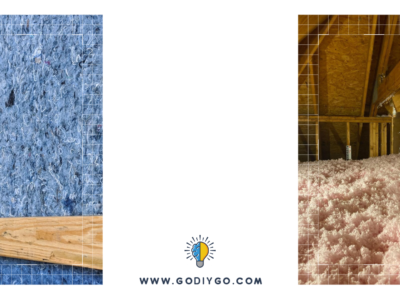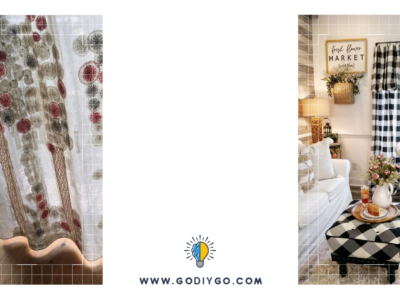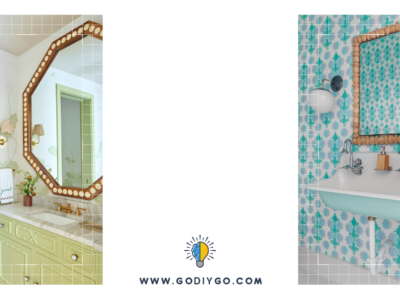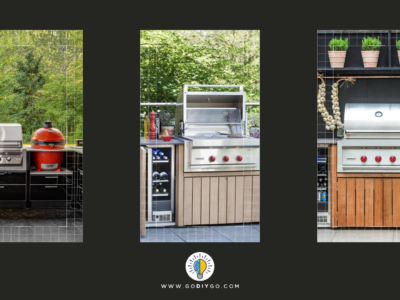You are here because you need to purchase a residential air filter but you don’t know which. Custom Filters Direct is here to help you determine the type, MERV rating and size you need for your home AC.
Types of Filter
There are numerous varieties of residential air filters you can use in your home AC. Materials and efficiencies differentiate one filter from the other.
- Pleated Filters Vs Fibreglass Filters
Fibreglass air filters are readily available and typically inexpensive. The flat design is sufficient for filtering out particles, and it is discarded when it has to be replaced. They are less expensive than other varieties but they will need to be replaced more frequently. However, the best air conditioning filters are pleated. They are less permeable than flat air filters. These filters are more expensive, but they capture more airborne allergens. The filter must still be replaced every three months, but it will last longer than a fibreglass filter.
- Washable Vs Disposable Air Filters
Washable air filters are an option that eco-conscious consumers may choose to consider. You are decreasing your carbon footprint, but doing so comes with a cost.
Small particles are not designed to be captured by reusable filters. You will continue to inhale allergens at home. The best air filters for homes are disposable. While washable filters absorb dust, disposable filters capture smoke, germs, and pet dander. With a quality disposable air filter, you can breathe easier at home.
- HEPA Filters.
High-Efficiency Particulate Air (HEPA) filter capture 99.97% of particles 0.3 microns or larger. This does not indicate that the filter cannot capture particles smaller than 0.3 microns, as many HEPA filters are capable of doing so; it is merely the minimum requirement for the filter to carry the HEPA moniker.
MERV Ratings For Filters
Minimum efficiency reporting value (MERV) refers to the efficiency of an air filter. The greater the MERV rating, the more effective the filter is at capturing large and tiny particles. The MERV rating also indicates the purpose of the filter. Typically, air filters with lesser ratings are found in commercial and residential buildings, while those with higher ratings are utilized in hospitals and industrial settings. The range of the MERV scale is 1 to 20.
- MERV 1 to 4: Typically, they are disposable fibreglass filters. These filters provide little protection for your HVAC system, but they do not clean the air. Every two to three months, you will need to replace them because they become dirty quickly. The risk of using these filters is that if you forget to replace them on schedule, they can rapidly become so clogged that they limit system performance and create excessive wear on the components by obstructing airflow.
- MERV 5 to 8: This is the range to begin your search if you want to improve the air quality within your home. These filters are optimal for the majority of houses due to their combination of cost-effectiveness and efficiency. They clean the air well but are not significantly more expensive than low-efficiency filters. In the long term, these filters are less expensive since they last longer and protect system components more efficiently.
- MERV 9 to 12: Residential air filters with a MERV rating in this range are pleated, high-efficiency types composed of synthetic material. Because they capture approximately 95%t of the particles flowing through, they are great if you prioritize efficiency when selecting an air filter. Look for a MERV 11 or 12 filter if someone in your home has allergies, asthma, or another respiratory disorder. They may be a bit more expensive, but some can last up to six months without being replaced.
- MERV 13 or Higher: Choosing the proper air filter is not as simple as selecting the filter with the greatest MERV rating. HEPA filters with MERVs of 17 or higher are not the only filters that can interfere with airflow enough to degrade the operation of your system. This is a possibility with any filter having a MERV rating above 12. Before purchasing a filter in this efficiency range, consult with your HVAC professional.
Sizes Of Filters
The height, width, and depth specifications of air filters for HVAC systems are usually specified by the manufacturer. Checking the dimensions of your current air filter is the simplest method for determining what size you need.
Conclusion
It is important that you consider the number of people and pets living in your home and your respiratory needs before making any purchase. For your home, a pleated filter with a MERV value between 8-12 is sufficient. If you have any questions or require assistance, Custom Filters Direct can help!


